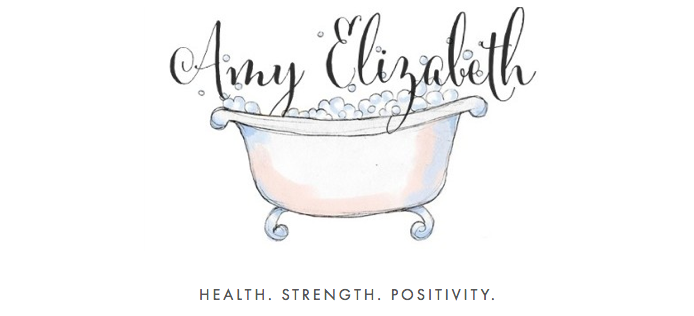HOME | BLOG | ADM FITNESS | ADVERTISE
Spring is well and truly upon us, which means it's time for a big spring clean. I am one of those people that has colour coded to-do lists and can't start revising until I've spent a small fortune on pretty gel pens, highlighters and stickers in Paperchase first... However, we can all be guilty (myself included) of spending hours ensuring that the space our body occupies is organised and somewhere we feel comfortable, yet completely neglect to do the same for the space our mind occupies. Remember you can never escape from your mind, so it's time to work on organising that space too and making it a place that you are happy to occupy.
A little history: When I was 16 I started to suffer badly with stress. I struggled to find the right work-life balance; juggling revising for all my different subjects whilst still maintaing far more extra curricular activities than I could possibly manage to squeeze in to my already hectic life. I'd like to say that as I got older I got better with managing my commitments, but if anything my tendency to over commit myself only got worse as I began university, and by this time last year my ability to take on far more than I can handle turned out to be one of my greatest downfalls. If you've read some of my recent blog posts, such as this one, I touched on why I felt it was important to give myself a few months off... and in these past few weeks I've realised that although I will probably always be the type of person to throw myself head first into far too many commitments, what I have got better at is organising my mind in order to deal with all these different deadlines at once. Below are the little tips that I have learnt along the way that have helped to reduce stress and calm my mind.
1. Be clear on your priorities - working towards someone else's goal is never going to be as rewarding as working towards something that you want to achieve for yourself. It is an incredibly difficult thing to do, but try and separate yourself from what other people want you to achieve, and focus on what you would be happy with personally. Goals you set for yourself can be as big or small as you wish, but you will never feel pride or a sense of accomplishment if you haven't set out to realise these ambitions for your own benefit. When life takes over you need to know which of your commitments is the most important to your health and your wellbeing. Prioritising these commitments will help you to organise your mind when they all pile up at once.
2. Set realistic goals - Whatever it is you are working towards completing; be it revision, coursework deadlines, fitness goals etc., if you want the results to last then there is no quick fix... these are usually very long processes. You aren't going to learn a whole years worth of work in one night, you aren't going to undo 10 years of unhealthy living in 12 weeks. The start of the journey will inevitably be the hardest, and when you are a long way from reaching your ultimate aim it can be hard to stay on track and motivate yourself to keep moving in the right direction, especially when you feel you are no closer to achieving anything than when you started. Setting yourself quick fix unrealistic targets will only lead to negativity when you fail to complete them. Instead, set realistic goals to be completed in a comfortable and attainable time frame, giving yourself rewards if you manage to achieve them ahead of schedule.
3. Bad days happen - and when they do, you need to pick yourself up and move forwards. We all need time off every now and again, and that is OK. No one is expecting you to be on your top form 24/7. The way I deal with this? I use my Happiness Planner (pictured below), and every night it guides me through a series of questions and allows me to focus on the positives, not the negatives. It's important to listen to your own body and mind... give yourself a day off when you need it and wake up tomorrow with a positive mind set that today you will get back on track. Every day is a new one, so don't dwell on the failures from the day before.
Remember, stress is not what happens to us, it is a response to what happens to us and response is something we can control. It's not your workload that's breaking you down, it's the way you've chosen to carry it. Learning to adjust that load is what makes all the difference. Worrying about workload or deadlines or exams will not make them go away, but it will stop you from appreciating the good things. Time is yours to do what you wish, and remember there is always time to chase your dreams.




